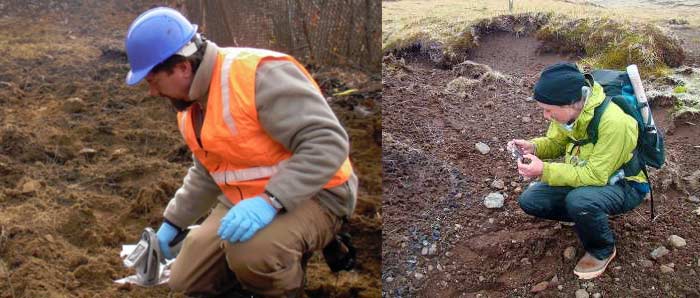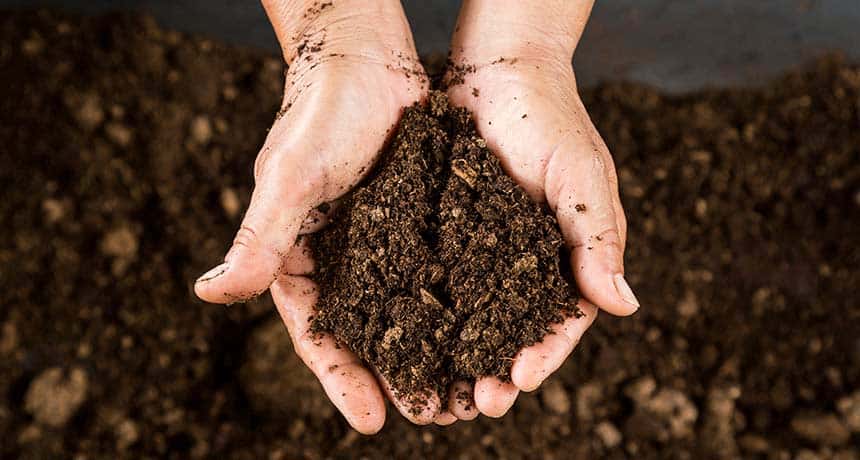
A brief overview of soil remediation techniques. Soil remediation is the reduction of contaminant concentrations within the soil. The goal of soil remediation is to bring the contaminants down to a level that is suitable for use. For example, if the soil in your backyard is too contaminated to grow anything, you will have to use some type of soil remediation in order to use it again.
There are a few different types of soil remediation, all with their own advantages and disadvantages.
Bioremediation:
This is perhaps the most natural means of bioremediation. This involves treating soils with species of anaerobic and aerobic bacteria to consume and break down hydrocarbons and other pollutants in the soil. After the process is finished, the bacteria will die off, but they need to be kept alive until they have done their job. That means it is best for the temperature to be about 70 degrees ideally with sporadic rainfall. If you take care of the bacteria, they’ll take care of your soil!

Thermal Soil Remediation
This is another technique that is a bit more complicated then the last one we discussed. This involves the heating of soils to temperatures around 650 degrees to 900 degrees and then they are discharged into a cooling unit. This is used to evaporate hydrocarbon impurities by way of extreme heat. This obviously requires a lot of machinery and therefore it is definitely a good idea to hire a professional to take these steps for you. You can easily look for soil remediation experts that are equipped to handle things like this.
Air Sparging
This method injects large volumes of air into the soil to force vapor outwards. The vapors are then treated with carbon filtering to purify the soil. The length of time taken by this process can vary greatly, depending on the depth of the soil you want to remediate also the level of contamination. This is another process that requires a lot of machinery, so it is best handled by soil remediation experts.
Encapsulation
This method is much different than the other three in that it doesn’t involve the removal of contaminants; it just prevents them from spreading further. This is almost like a “quarantine” where rather than treating the issue, it is just relocated. The main thing to keep in mind here is that if you are planning on using the soil to grow anything in the future, you may also want to consider another one of the soil remediation options. If you are just using the method of encapsulation, you will not be able to use the soil in the future. The only thing this does is help the issue to not spread to other parts of the land. If you are simply doing this to protect the remainder of your land, it is fine. If you are doing this so that you can grow plants, it is recommended that you use bioremediation or air sparging or thermal soil remediation. Just like with the other options on this list, this can require a lot of knowledge on chemicals and soils, so it may be best to hire one of the soil remediation experts to get the job done right.
One of the most important things when it comes to soil remediation, no matter what method you are using, is proper soil testing. This will allow you to know when it is time to use soil remediation methods, and when your soil is ready to be used. It should be relatively easy to find a site that is able to conduct these soil tests nearby. They are not too difficult to do, and they can really tell you a lot about the land you are planning to use. This is crucial to determine what steps need to be taken.
